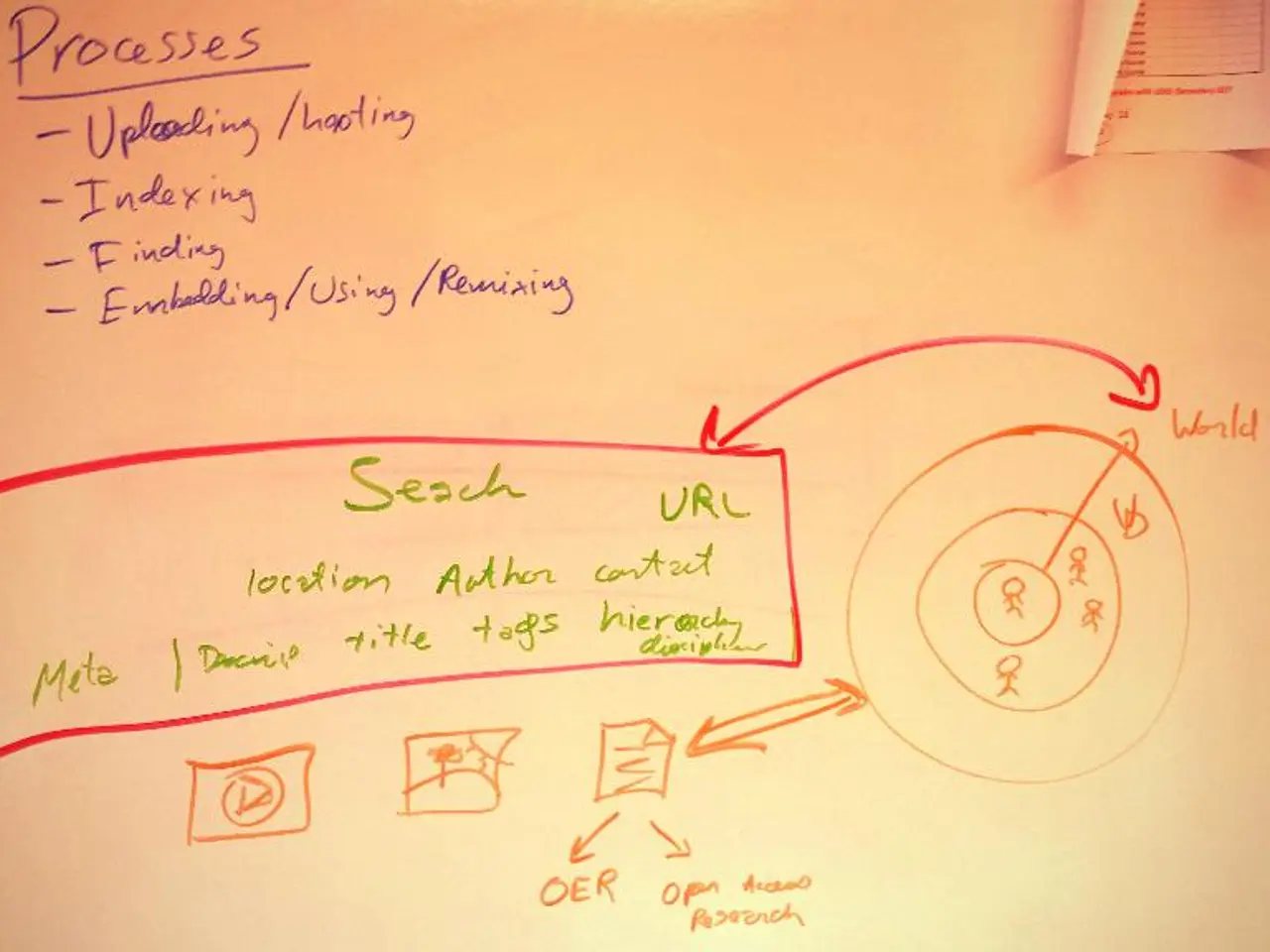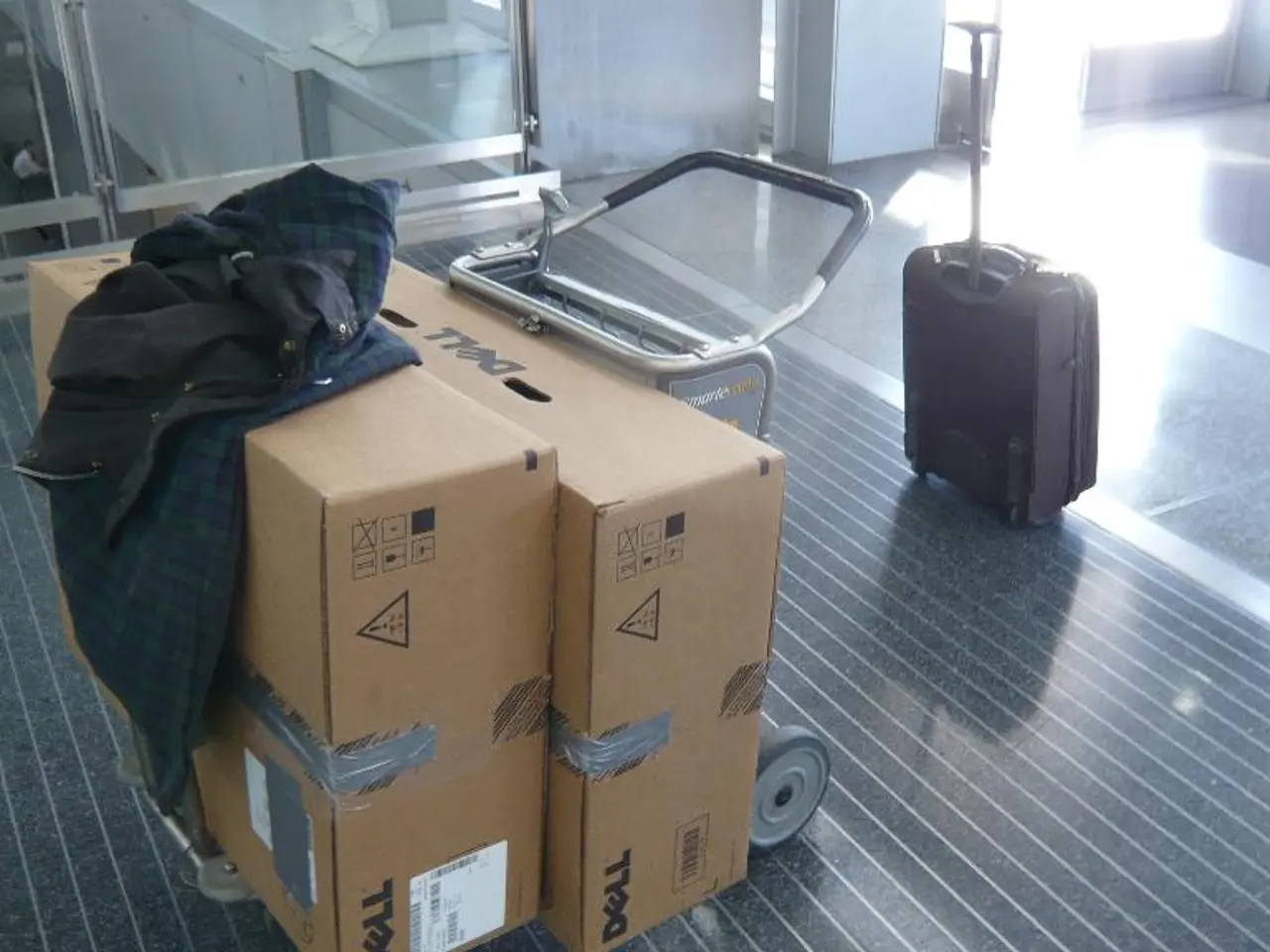Accelerating towards automated travel: Japan's expedited plan for an autonomous driving system
Japan is set to lead the global autonomous transportation movement, with ambitious plans to implement Level 4 autonomy on public roads nationwide by 2027. This ambitious goal marks a significant technological and strategic advancement, addressing both technological and societal needs through progressive policies and strategic partnerships.
The government aims to have over 100 locations equipped with autonomous vehicles by 2027, with a focus on commercialising robotaxi services to address regional mobility demands, particularly in light of Japan's aging population. This expansion is part of Japan's broader strategy to implement Level 4 autonomy on public roads nationwide, which involves enhancing mobility services and leveraging autonomous vehicles to address societal challenges.
Companies like Tier IV and Newmo are partnering to develop and deploy autonomous driving systems. Tier IV, a Japanese startup, has developed Autoware, the world's first open-source operating system for autonomous driving, released in 2015. Isuzu plans to use Autoware to power Level 4 autonomous buses by 2027.
Toyota and Nippon Telegraph and Telephone (NTT) have committed to investing over $3.2 billion in developing AI-powered AV technology focused on safety and accident prevention, set to begin in 2025 and aiming for deployment by 2028. NTT's Innovative Optical and Wireless Network (IOWN) technology will play a critical role in the project, enabling faster data transmission by replacing traditional electronic signals with light signals.
The AV lane on the Shin-Tomei Expressway will incorporate sensors and cameras at regular intervals for monitoring road conditions, alerting vehicles to potential obstacles, and facilitating rapid response mechanisms. The lane will be supported by 5G communication infrastructure, providing high-speed, real-time data transmission along the AV lane, a critical element in AV safety, especially on elevated road sections.
Japan is also planning to establish a dedicated lane for self-driving trucks on a 100-kilometer section of the Shin-Tomei Expressway between Tokyo and Nagoya, set to launch in 2024. The government of Japan has plans to expand AV lanes to other regions, including Ibaraki prefecture, where a pilot project involving an autonomous bus rapid transit system is underway.
By integrating autonomous vehicle technology, Japan aims to decrease the reliance on private or company-owned vehicles. This shift is expected to contribute to a more sustainable and efficient transportation system, addressing the challenges posed by Japan's aging population and urban congestion.
The goal of the project developed by Toyota and NTT is to create a system capable of real-time accident anticipation. This system, leveraging AI technology, aims to predict and prevent accidents, enhancing the safety of autonomous vehicles and paving the way for a future where mobility is both efficient and secure.
Japan's approach to autonomous driving is comprehensive, involving substantial infrastructural updates, industry collaboration, and progressive legislation. The revised Road Traffic Act, introduced in April 2024, lifts the ban on Level 4 autonomous vehicles under specified conditions, signalling the government's commitment to this transformative technology.
As Japan moves forward with its ambitious plans for autonomous mobility, it is clear that the country is rapidly building an AV ecosystem designed for near-term deployment. The focus on safety, sustainability, and societal benefits sets Japan apart as a global leader in this rapidly evolving field.
The government's focus on implementing autonomous vehicles is not limited to transportation alone, as fast-growing partnerships between companies like Tier IV and Newmo in the finance sector are integral to the development and deployment of autonomous driving systems.
In the realm of technology, Toyota and Nippon Telegraph and Telephone (NTT) are collaborating to create a system capable of real-time accident anticipation, leveraging AI to make autonomous vehicles safer and helping Japan establish itself as a global leader in this field.




